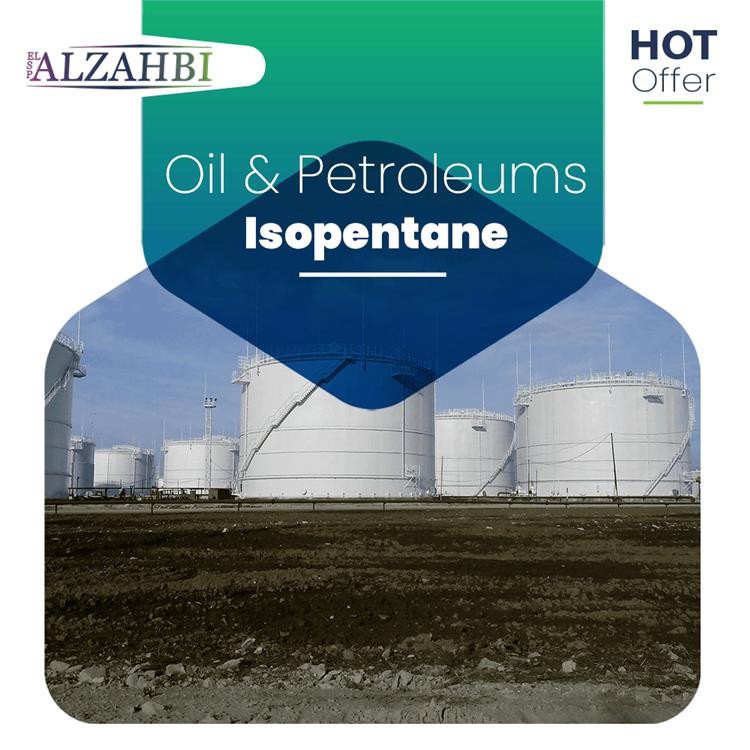Ethylene is a fundamental hydrocarbon and a vital building block in the petrochemical industry. It is widely used in the production of various plastics, chemicals, and industrial products. We offer premium quality ethylene, ensuring superior performance, reliability, and consistency for your industrial needs in the UAE.
Key Features and Benefits
- High Purity: Ensures optimal performance and efficiency in all applications.
- Versatility: Essential for a wide range of industrial uses, including polymer production, chemical synthesis, and as a ripening agent.
- Consistent Quality: Ensures reliable and consistent results across different industrial processes.
- Cost-Effective: Offers a cost-efficient solution for various industrial applications.
- Eco-Friendly: Plays a key role in producing environmentally sustainable products.
Applications of Ethylene
Polymer Production
Ethylene is the primary raw material for the production of polyethylene (PE), the most widely used plastic. Polyethylene is used to manufacture products such as plastic bags, films, containers, and pipes. Ethylene is also a key component in the production of other polymers like polyvinyl chloride (PVC) and polyethylene terephthalate (PET).
Chemical Synthesis
Ethylene is used in the synthesis of various chemicals, including ethylene oxide, ethylene glycol, and ethanol. These chemicals are essential in the production of antifreeze, solvents, detergents, and other industrial products.
Ripening Agent
Ethylene gas is used as a ripening agent for fruits and vegetables. It helps control the ripening process, ensuring that produce reaches the market at the optimal stage of ripeness.
Ethylene Oxide Production
Ethylene is a key raw material for the production of ethylene oxide, which is further processed into ethylene glycol. Ethylene glycol is used in the production of antifreeze, polyester fibers, and resins.
Industrial Applications
Ethylene is utilized in various industrial applications, including the production of welding gases, the manufacture of plasticizers, and as a precursor for other organic chemicals.
Why Choose Our Ethylene?
- Trusted Quality: Our ethylene is produced under strict quality control to ensure high purity and consistent performance.
- Versatility: Suitable for a wide range of applications, providing reliable solutions for various industrial needs.
- Local Expertise: Tailored solutions for the UAE market, supported by local technical expertise and customer service.
- Environmental Compliance: Meets and exceeds environmental standards, promoting safer and more sustainable industrial practices.
Learn More About Ethylene
For a comprehensive understanding of ethylene, including its detailed properties, benefits, and various applications, we invite you to read our Ethylene article. This article provides valuable insights into how ethylene can meet your specific industrial needs, from polymer production to chemical synthesis.
Frequently Asked Questions
What is ethylene used for?
Ethylene is used in various applications, including polymer production, chemical synthesis, as a ripening agent, and in the production of ethylene oxide. Its high purity, versatility, and eco-friendly properties make it invaluable in these industries.
How does ethylene benefit the polymer industry?
Ethylene is the primary raw material for producing polyethylene (PE), the most widely used plastic. Polyethylene is used to manufacture products such as plastic bags, films, containers, and pipes, making ethylene essential for the polymer industry.
Is your ethylene suitable for chemical synthesis applications?
Yes, our high-quality ethylene is suitable for chemical synthesis applications, providing an essential raw material for the production of various chemicals, including ethylene oxide, ethylene glycol, and ethanol.
Contact Us
For more information about our ethylene products and to place an order, contact us today. Our team is ready to assist you with tailored solutions to meet your specific needs.
Call Us at:
+971 55 306 4383




